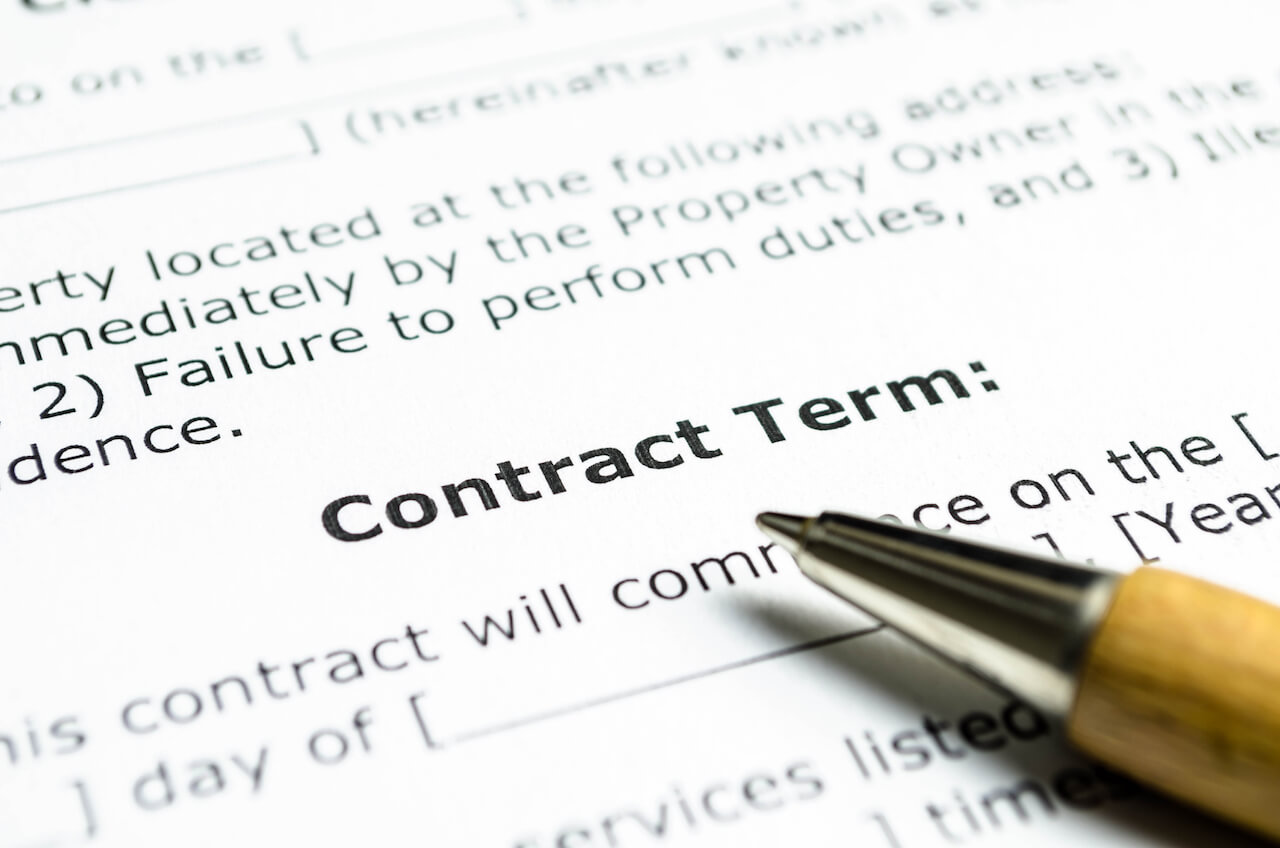Recent years have witnessed the growth of competitive computer and console gaming popularly known as esports. Unlike regular sporting activities which are limited by physical abilities, esports could be argued to involve just about anybody irrespective of raw natural or physical gifts. The implication of this is that esports is welcoming of anyone irrespective of age, gender, physical abilities and location. The growth of the esports industry in Africa is certainly welcome. To spur its growth, it is pertinent that the growing esports community, particularly tournament organizers, address much needed compliance considerations. Lessons must be learnt from other jurisdictions as various other esports regulators have become aware of the number of consumer protection issues arising out of a lack of oversight.
Instances Requiring Compliance Consideration in Esports Tournaments.
The process of organizing esports tournaments comes with certain legal, financial and practical implications that are usually overlooked by tournament organizers in Africa. The reason for such is because of esports in Africa is still in early development. However, as we watch things unfold, it is pertinent that tournament organizers in Africa are fully apprised of the common practices they currently undertake which have certain implications and need addressing.
Age of Participants.
Esports is an industry that has a fair number of gamers that are less than the age of majority and as such recourse must be paid to the mode of entry of minors. With the existence of contractual considerations and intellectual property rights, there is the need to ensure the legality of child participation in tournaments. The absence of a signed form of eligibility by the minor’s parents or legal guardian means that according to law such minor had no legal capacity to contract and as such the contract is void. This means that by virtue of the laws that protects minors in various countries, a minor can sue for refund of participating fee or any other thing collected from him over the course of participating. The regular practice with regards to minors is to ensure that minors sign a declaration of eligibility via their parents or their legal guardian before participating at an esports tournament.
Game Rules and Settings.
Every video game has settings that may be tuned to meet the particular player’s preferences. These preferences sometimes make the game easier for players but do not facilitate for a competitive tournament. The game rules and settings cover both in-game and outside game rules that ensures a proper organisation of games. Some of such rules include things like: Whether or not to use tactical/legacy defending for a game like FIFA, the use of keeper cursor in FIFA, whether or not Flares should be allowed in PUBG, the prohibition of crowd interference in strategy games like Call of duty, PUBG, auto-aim or aided assist in shooting games and many more. Due to the lack of proper documentation of rules, various gamers go into tournaments with their own settings. It neither presents for smooth tournament progression to continue to repeat of have to pause tournaments to repeat the rules.
By not stipulating these rules prior to esports tournaments, Tournament organizers are likely in violation of their countries consumer protection laws that makes it compulsory for terms and conditions regarding transactions be clearly stated and outlined for consumers. In fact, there is a tendency that lack of prior stipulations can give rise to multiple suits of discrimination. An example of such, is when a tournament simply states it is opened to Africans; it is possible the exclusion of African is diaspora with better network connection amounts to discrimination. The uncertainty as to the rules requires proper documentation of the game rules, settings and tournament rules to be adhered to by esports athletes.
Intellectual Property.
The one issue here has to do with the usage of participant’s pictures for brand marketing without consent from such participant. Such consent may be obtained expressly, by making participants sign a consent form to that effect or impliedly by putting up a notice that says the moment participants enter the arena, they have waived such right to the IP. The prevalent practice in developing esports industries is that they engage in brand marketing with the use of participant’s picture without express or implied consent. By not having either, Tournament organizers open themselves up to countless number of Intellectual property suits and the outcome of that is such Tournament organizers are liable to give the claimant a part of the revenue generated from the usage of such IP materials.
Dispute Resolution.
Dispute in any business is unavoidable and it is certainly possible for disputes in respect to esports Tournaments to escalate to the point where it ruins the image and reputation of the Tournament organizers and have them drawn into needless court battles. The best practice here will be to create a standard procedure to manage disputes should they arise and that way if an athlete goes contrary there will be consequences. Tournament organizers should insert ways in which they want dispute to be resolved at first in their compliance document to ensure for contained disputes and convenient dispute resolution.
Doping.
Is it be possible for video game players to dope? This question must be answered in the affirmative. In 2015, the use of performance-enhancing drugs (PED) was revealed and admitted to by professional gamer Kory “Semphis” Friesen with himself and his teammates taken the psycho stimulant Adderall during a Counter-Strike Tournament in Poland. The revelation led to the development of the Electronic Sports League (ESL) Anti-Doping Policy.
With the esports community gradually developing in various parts of Africa, it is very likely that the issue of doping and PEDs would not be of major focus to tournament organizers. The reason for this might be the possible disbelieve in the possibility for video gamers engaging in doping practices. However, it must be stated that tournament organizers must seek to ensure fairness in their tournaments. While video games remain fun and a leisure activity for some people, with the development of esports, it becomes competitive and with significant financial implications. It is not unlikely that gamers would seek unfair competitive advantage over other players in a tournament. Consequently, compliance with anti-doping policies must be ensured.
Participants Are Consumers.
It may be impossible to list out all the possible compliance considerations that eSports Tournament organizers may need to account for in facilitating engagement in esports. However, they must be guided by the understanding that esports participants are consumers. According to GMT Marketing esports consumers largely involve the watchers, the players and those who do both. For the purpose of this article, attention is focused on the gamers. Tournament organizers must understand that while gamers may either by professional esports players or casual gamers, both are consumers and are protected by the consumer protection laws of various countries. In treating participants as consumers, Tournament organizers would be guided by the compliance requirements needed for consumer protection.
Recommendations.
The plethora of issues that have been highlighted above persist due to the lack of any comprehensive guideline. The most reasonable recommendation is for tournament organizers to draw up a compliance document that would seek to address the stated issues. Drafting such compliance document would require in depth knowledge on the major gaming titles in the esports industry. This would mean that Tournament organizers would be needing the aid of specialized esports consultants to facilitate the creation of such documents. A typical compliance document will have the terms and conditions clearly stated, the in game rules and settings states, a declaration of eligibility form, a notice giving implied consent regarding intellectual property, an adoption of anti-doping policies and so on.
Conclusively, it must be stated that the esports industry in Africa would grow irrespective of close monitoring. However, tournament organizers and various stakeholders in the industry have the important role to play in ensuring that the growth is a healthy one with needed compliance considerations.
Cowritten by Stephen Ojo and Omeiza J. Alao - Esports consultants in Nigeria, West Africa



